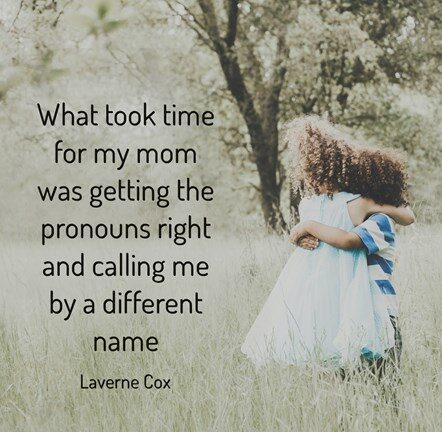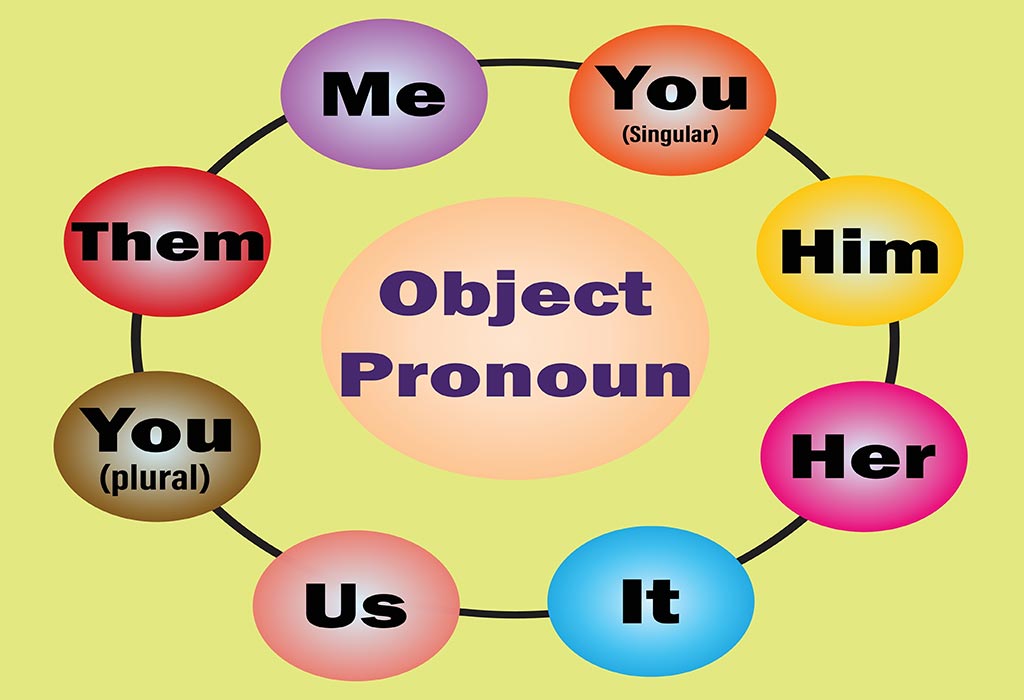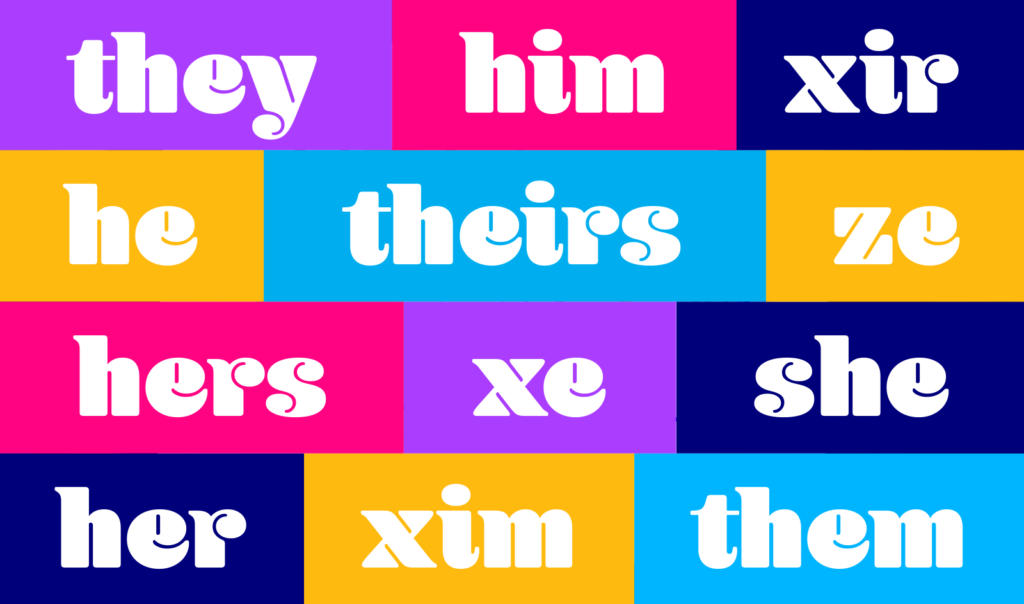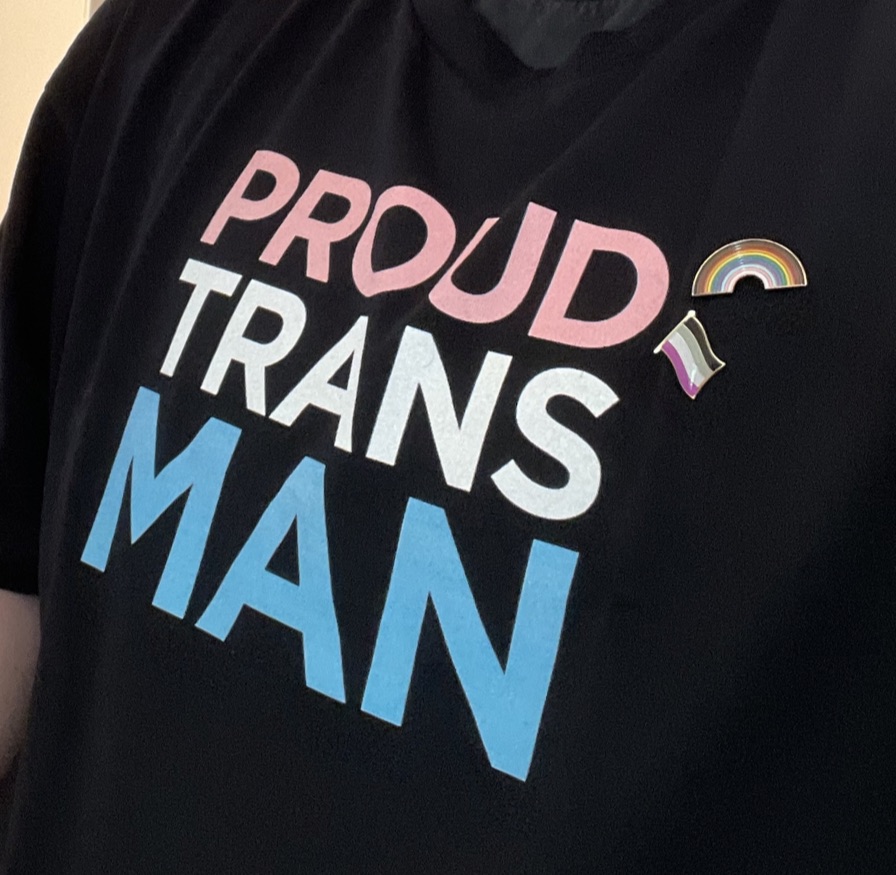When my son told us what he had known for years but we had somehow missed his brother and sister shrugged their shoulders in an attitude of “well, obviously!” His father and I hugged him and smiled and even as we struggled with the change his identity wrought on our own we began the process of realigning the world so that it reflected things as they should always have been.
Family and friends were, on the whole, open-hearted and accepting and all embraced him with the love that had always been there. We will never forget my beautiful Nan, Mr A’s dear ‘GG’, who, when he told her his truth gazed at him with all the love in her heart and said, “oh darling, I love you, but I’m old and you know I will forget your name.” That’s acceptance right there!!!
It isn’t a quick update to make and we have found plenty of unexpected hurdles along the way. Some have been easy enough to leap across, others still exhaust us when as we search for the way over. Generally speaking, A is himself at last and so are we. Except for one thing…
Pronouns.
A pronoun is a word that stands in for a noun, often to avoid the need to repeat the same noun over and over. Like nouns, pronouns can refer to people, things, concepts, and places.
For the life of me I cannot seem to keep the pronouns sorted. Mr A looked at me with frustration one day and said “Mum, you’re a speech pathologist. I thought you’d be better with pronouns than this!” Me too!!! I can apply them correctly in a sentence and even analyse them if it’s needed but change the habit of years? Hmm, that’s the only things that still trips me up.

We have had many conversations about identity and how language contributes to confirming who you are and also where you belong. Mr A is incredibly articulate and able to debate and educate on the topic. When I tentatively raised the question “but why does it matter so much that we have labels like cisgendered or transman or any of the others?” he sighed patiently and explained in simple terms that I could understand.

“You know how when you meet people you ask them what they do and where they live? I’ve seen you do it! You’re looking for the things you have in common. You make a connection and then you know what to talk about together. It’s the same thing only more important because we don’t always know if it’s safe to talk about these things. If we all do it (share which pronouns we prefer) it becomes normal.”
Ah. It’s about respect and safety. And it’s how you find out who is in your tribe. That I understand.
Our First Nations communities have a lot to teach me in this space. Introducing yourself (to place, to People) is critical. It involves identifying who you are, where you are from, where you belong. It places you in a cultural context and allows others to know more about how to be with you. I am learning how to do this. I am accepting the importance of placing myself into the categories that matter. My name. My place. My family and my beliefs. And my pronouns.
I remember when we lived in Canberra a common question asked in social circles was “Have you bought a house here?” It might seem strange but in a transient community buying a house is a sign that someone was going to stick around. Those people might be worth investing energy in, those people are potential friends! They weren’t going to up and leave at the end of a secondment, they were going to put down roots in the community and become part of the fabric of life there. Then you could follow up with ‘which suburb, north or south? (are we likely to be seeing one another around), what do you do? (we might know people in common and become colleagues), where did you come from (do we share cultural values and experiences?) and so on. It may seem like a relatively flippant comparison (ok, it definitely is but bear with me anyway) but however we do it finding ‘our people’ is one of the key parts to feeling like we can belong in a group. My aunt used to look at me when I was a miserable teenager feeling trapped and smile knowingly. “You will find your people when you leave here, Melinda. Don’t you worry.” She was right. Wise words.
What my son, my clients, the community, taught me is that as an educated, white, middle-class, cisgendered woman the categories I was working within were both predictable and woefully limited if I want to see the world as it truly is. I was missing out on the full spectrum of the rainbow. How grateful I am to have had my eyes opened to the colours of the world before I am too old to properly appreciate it!

I’m a bit slow to the party but the lesson I have learned has, obviously, been about acceptance. We need to not only be accepted, we need to see ourselves reflected in some form in the community around us, we need to know that in some way we are a part of it. We belong to it.
We want to welcome diversity. We’re just really not very good at it yet and still make so many mistakes when it comes to acknowledging people and cultures and colours and languages different to our own. But those mistakes our ours and we must learn from them and fix them when they are pointed out to us.
I still ask the people I meet lots of questions. We all do it, to find the things we have in common, to share experiences, to understand our identities. Which school did you go to? Where are you working now? Do you live nearby? What pronouns do you use, I use she and her. Oh, do you like hiking, me too! But I don’t want us to ask ‘have you bought a house?’ anymore. I don’t mind if you’re here for a moment or a lifetime. Right now I’m interested. I want us to stick with versions of “who are you?’ I promise to listen with curiosity.
My name is Melinda and I use the pronouns she/her. What about you? Come and belong here with me. There’s plenty of room and I can talk and listen for hours.

Oh wow, again, you have blown me away with your writing. I too, was someone who didn’t get why i had to add my own pronouns. I totally accept why others want too but I just didn’t get why I should be too. Until I read this, and Dave saying how Ian explained it. It’s about making others feel accepted and safe. And isn’t that all any of us want!!!
My name is Kylie and I use the pronouns she/her.
Thanks for sharing this, Kylie. It’s a tricky thing, isn’t it, changing the way we do something for the benefit of others. It’s what makes living in a community potentially so wonderful. We do things for all of us. The pandemic taught us some of this lesson (well, me, that’s for sure!). I”m so glad this resonated for you.